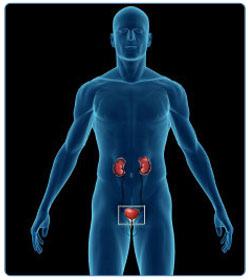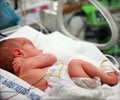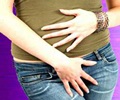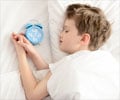Treatment for Bedwetting
Behavioral therapy combined with counseling is helpful to treat enuresis. Medicines and surgery might be required at times.
Dr. Darcie Kiddoo, Divisions of Pediatric Surgery and Urology, University of Alberta, Edmonton, Alberta in a publication says - "The most critical aspect of treatment is reassurance for the child, who may experience low self-esteem," he further adds "Parents must understand that, unlike daytime behaviour, nighttime incontinence is not within the child's control."
The following approaches are useful in the treatment of bedwetting:
Limiting the fluid intake before bedtime helps in many cases. Especially avoiding drinks that have caffeine, such as colas, tea and coffee helps to avoid bedwetting.
Using alarm clocks and waking the child up at fixed times during the night to go to the bathroom is helpful. This is the simplest strategy and can be quite effective.
Moisture alarms- These alarms are triggered by a few drops of urine and wake the child.
Meditation for relaxation before going to bed is also helpful.
Hypnotherapy- Studies have shown that
Explain bedwetting to your child- Reassure your child that bedwetting is not his or her fault and that it will go away with time. This builds confidence in the child enabling him/her to overcome bedwetting. Behavioral therapy combined with counseling could help the child to be more confident.
Medicines-
- Tricyclic anti-depressants like imipramine relax the bladder and tighten the sphincter (preventing the passing of urine). But a child restarts the habit once the drug is stopped. These types of drugs are rarely prescribed as they have side effects. Once these drugs are stopped, the child will restart his/her habit of bedwetting. Hence, this is not a permanent solution.
- Desmopressin tablets are a synthetic replacement for antidiuretic hormone (ADH). They work in a similar manner like ADH, reducing the urine production at night.
Surgery- Some underlying physical conditions might require surgical correction.














